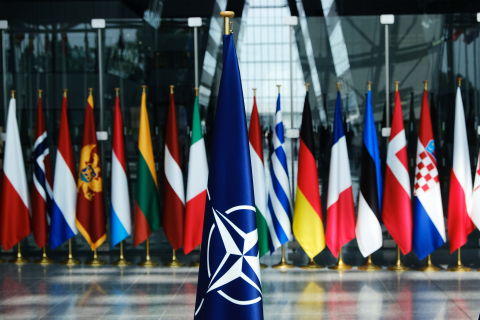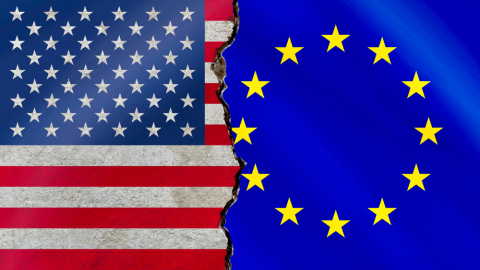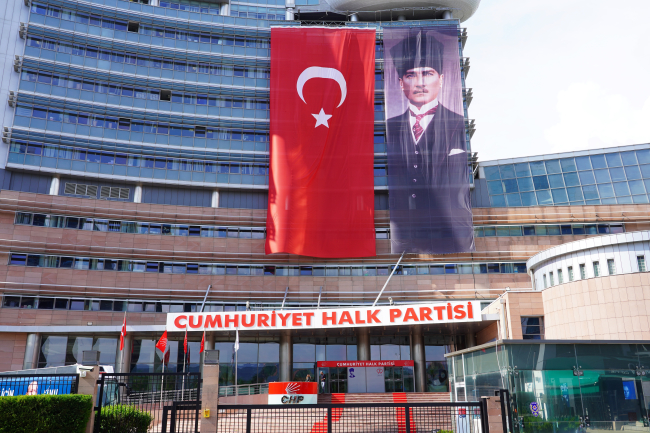Turkey and France - Allies or Rivals: Opportunities to be Seized
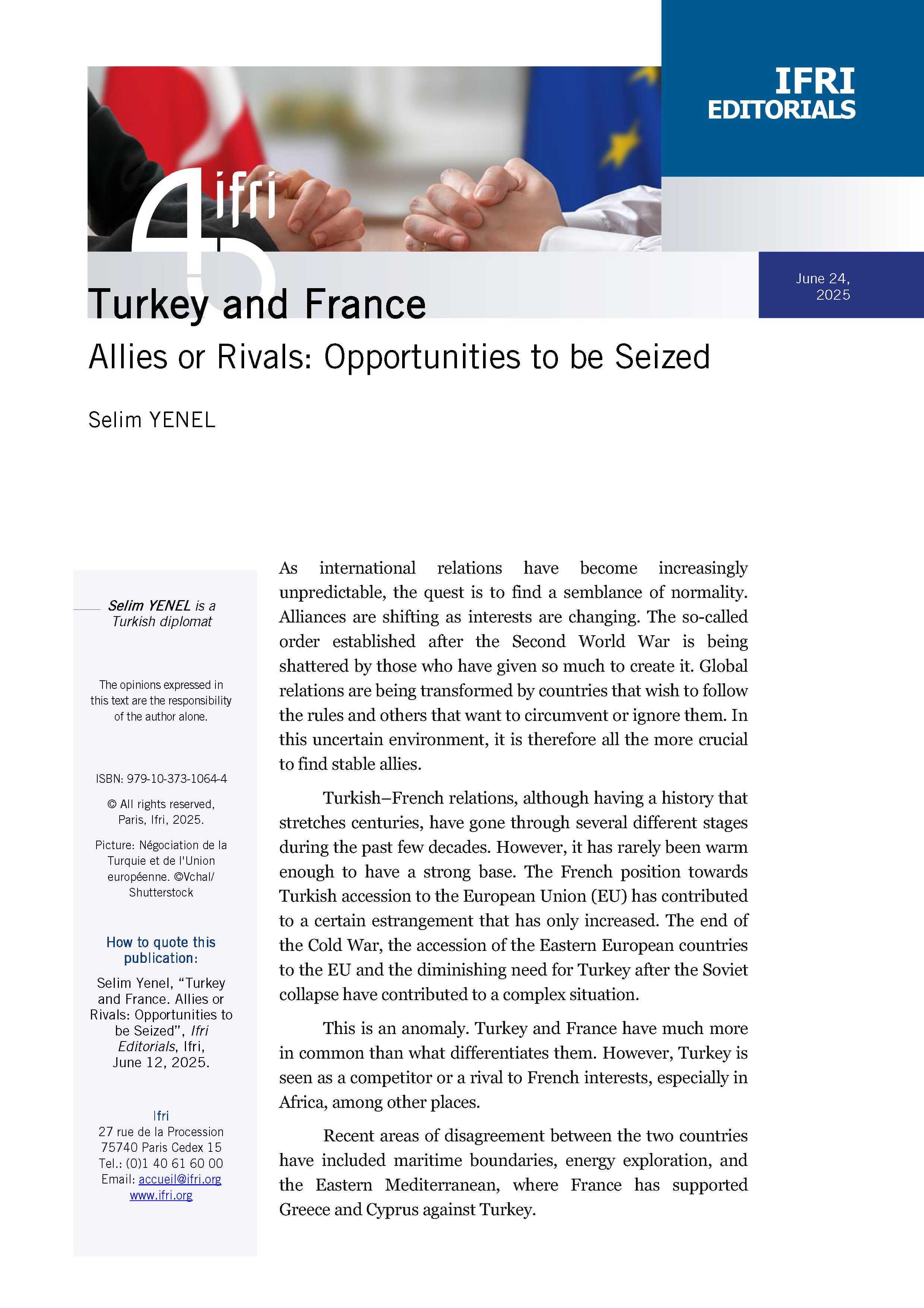
As international relations have become increasingly unpredictable, the quest is to find a semblance of normality. Alliances are shifting as interests are changing. The so-called order established after the Second World War is being shattered by those who have given so much to create it. Global relations are being transformed by countries that wish to follow the rules and others that want to circumvent or ignore them. In this uncertain environment, it is therefore all the more crucial to find stable allies.
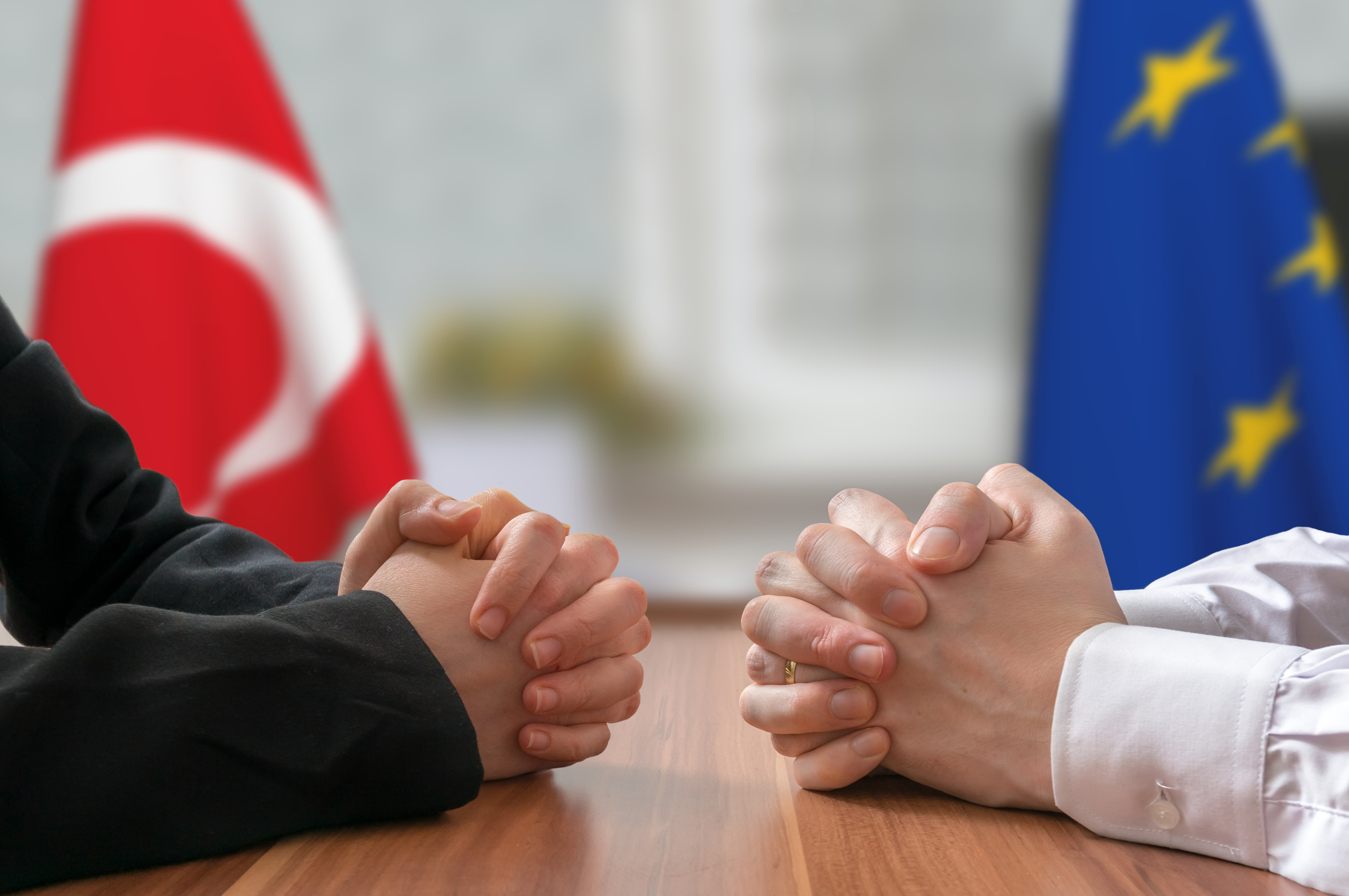
Turkish–French relations, although having a history that stretches centuries, have gone through several different stages during the past few decades. However, it has rarely been warm enough to have a strong base. The French position towards Turkish accession to the European Union (EU) has contributed to a certain estrangement that has only increased. The end of the Cold War, the accession of the Eastern European countries to the EU and the diminishing need for Turkey after the Soviet collapse have contributed to a complex situation.
This is an anomaly. Turkey and France have much more in common than what differentiates them. However, Turkey is seen as a competitor or a rival to French interests, especially in Africa, among other places.
Recent areas of disagreement between the two countries have included maritime boundaries, energy exploration, and the Eastern Mediterranean, where France has supported Greece and Cyprus against Turkey.
Yet the most critical situation came when France and Turkey found themselves on opposite sides during the Libyan Civil War, which led to a naval confrontation. Furthermore, there were disagreements in Syria regarding the Kurds and other policies in the region.
The Russian invasion of Ukraine has changed the landscape. Once again, Europe is facing a conflict that could engulf the continent. It is already creating economic and social havoc. Ukraine has been able to withstand the Russian onslaught with the support of the United States coupled with EU assistance. Although Turkey has not joined the EU and US sanctions against Russia, it has prevented Russian vessels from crossing into the Black Sea. Turkey has always supported United Nations decisions regarding Ukraine and has provided drones in the early stages of the war.
Russia waited for the results of the US presidential elections on whether support for Ukraine would continue or not, and was justified with President Trump winning the White House once again. Currently, there is hesitancy about whether the North Atlantic Treaty Organization (NATO) will respond should there be a Russian incursion into one of its members.
The United Nations and NATO were the linchpins of the earlier order, and both were in the interest of the United States. NATO was a tool created by Washington to prevent the spread of communism/Soviet expansion rather than to protect or benefit Europe.
The United States is destroying the order it built and is no longer willing to get involved in theaters in which it has little interest. The United States has long wanted to focus on China, but conflicts in Europe and the Middle East have prevented or delayed this effort. That is why President Trump is trying to resolve the conflicts. However, the recent Israeli – Iran war will make it difficult for the United States to disentangle from the Middle East. Trust in international relations, which was already low, has disappeared. So much so that even alliances can no longer be relied upon.
Ironically, the United States is at the forefront of those who no longer wish to obey international rules. Russia, on the other hand, has been shaken by the collapse of the Soviet Union and is now a wounded power that wants recognition from the United States as its peer, like before. Russia’s power may be exaggerated, but the fear of it, especially in Eastern Europe, is real.
Thus, the EU has finally awoken from its slumber and is seeking support to counter Russia. France is taking the lead in this respect and has looked towards Turkey, which has NATO’s second-largest army. If NATO is somehow crippled due to the United States’ hesitation, then it would fall to the EU to muster a defense. Turkey has been kept out of European defense structures ever since the dissolution of the Western European Union. Turkey has sought to be part of the Permanent Structured Cooperation (PESCO) and the European Defense Agency. However, both have been held up due to political reasons. The time has come to look at the bigger picture, which includes common interests, and have a tangible dialogue to overcome these obstacles.
Cooperation between France and Turkey would actually complement each other in deterring further attacks in the European theater. Regarding military equipment, while Turkey is far ahead in main battle tanks, both France and Turkey are equal in the size of major naval vessels and combat aircraft.
Nevertheless, there have been instances of collaboration, such as Turkey’s Defense Industry Manufacturers Association and France’s Aerospace Industries Association signed a Memorandum of Understanding in 2014 to establish a long-term bilateral relationship.
In 2017, Eurosam (a Franco-Italian consortium) and two Turkish defense companies, Aselsan and Roketsan, signed an agreement to launch in-depth cooperation in air and missile defense. This agreement set the groundwork for developing Turkey’s Long-Range Air and Missile Defense System (LORAMIDS).
In the same year, defense ministers from Turkey, France, and Italy signed a Letter of Intent at NATO headquarters in Brussels, expressing their commitment to strengthen defense cooperation, starting with air and missile defense systems.
However, there have been some matters of discontent when Turkey accused France of obstructing progress in the joint Eurosam missile defense project, citing, among others, issues related to technology transfer.
Yet, as mentioned above, the changing political and security landscape forced some positive changes. In November 2024, France dropped its opposition to non-EU companies accessing EU-funded defense incentives, allowing up to 35% of the European Defense Investment Plan (EDIP) funds to be spent on products from outside the EU, including those from Turkey.
More recently, French and Turkish companies expressed interest in establishing an ammunition manufacturing joint venture with Poland.
Not only the developments in Europe but the recent conflict in the Middle East require French - Turkish cooperation and consultation on defence. Although a potential exists there is a mistrust that needs to be overcome. Even if NATO is a basis for such cooperation, but bilateral talks would be much more conducive to overcoming possible misunderstandings. There is a need for incentives in finding pragmatic solutions.
One need not look too far into history to be reminded of past alliances. France and Turkey, along with Great Britain, had signed the Treaty of Mutual Assistance shortly after the Second World War began. In addition to existing mechanisms within NATO, the EU could also be involved. The recent agreement between London and Brussels, which also comprises defense matters, is a positive example in how to reset relations. The only issue that needs to be addressed is to have an open dialogue without any prejudice and focus on joint interests. We must be aware that we are at a turning point where crucial choices are made. This is a significant opportunity that should not be missed.

Available in:
Themes and regions
ISBN / ISSN
Share
Download the full analysis
This page contains only a summary of our work. If you would like to have access to all the information from our research on the subject, you can download the full version in PDF format.
Turkey and France - Allies or Rivals: Opportunities to be Seized
Related centers and programs
Discover our other research centers and programsFind out more
Discover all our analyses
RAMSES 2025. Between Powers and Powerlessness
Never before have there been so many powers able to upset the international balance of power, and never before have the dominant powers seemed so powerless to counter the fragmentation of the world.
Out of Thin Air but More than a Mirage: The Politics of Saudi Arabia's Nascent Music Industry
This study critically examines Saudi Arabia’s nascent music industry, which is promoted as a key element of Vision 2030, Crown Prince Mohammed bin Salman’s strategic framework to diversify the kingdom’s economy. It explores how state-led investments in music and entertainment intersect with authoritarian governance. The author neither dismisses these investments as conspicuous spending nor reproduces an alarmist narrative of impending cultural imperialism. The article takes a political sociology approach to understand how Saudi entertainment plans consolidate domestic power and reshape regional cultural landscapes.
Hostage diplomacy of the Islamic Republic of Iran. The case of Europeans detained in Iran
The so-called hostage diplomacy of the Islamic Republic of Iran refers to a political and diplomatic strategy in which Tehran uses the detention of Western nationals, dual citizens, or Iranian citizens residing in Europe, Australia, or the United States as leverage in diplomatic negotiations. This practice aims to exert pressure to secure political, economic, or diplomatic concessions as part of Tehran’s asymmetric response strategy. Hostage diplomacy remains a controversial yet effective tool from the perspective of the Islamic Republic of Iran, given its context of economic sanctions and diplomatic isolation.
Is the Republican People’s Party (CHP) Rising from the Ashes?
The victory of the CHP [Cumhuriyet Halk Partisi, Republican People’s Party] in the Turkish municipal elections of March 2024 firmly established it as the leading party of opposition to the Islamic-conservative AKP [Adalet ve Kalkınma Partisi, Justice and Development Party], which has been in power since 2002.




